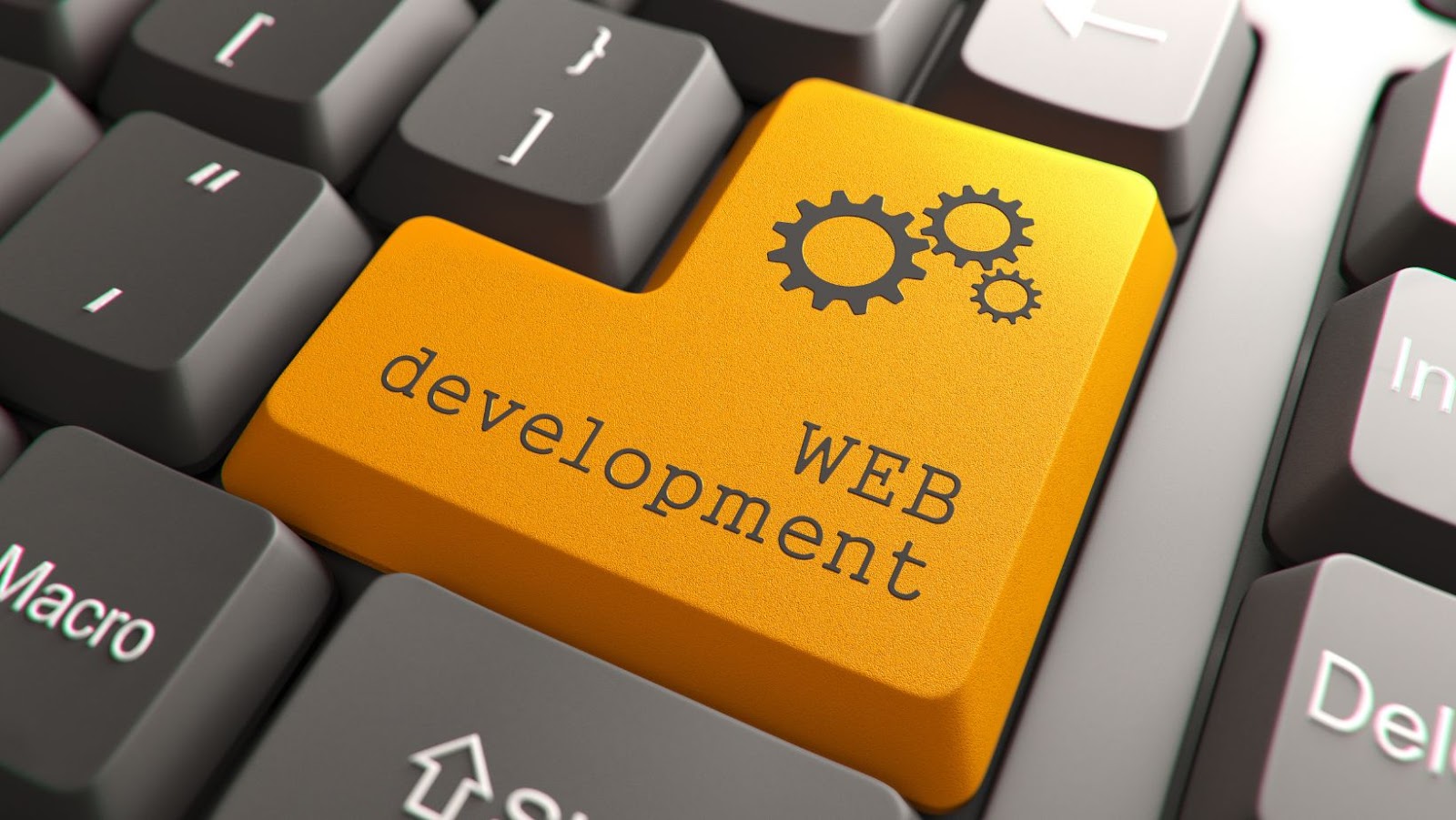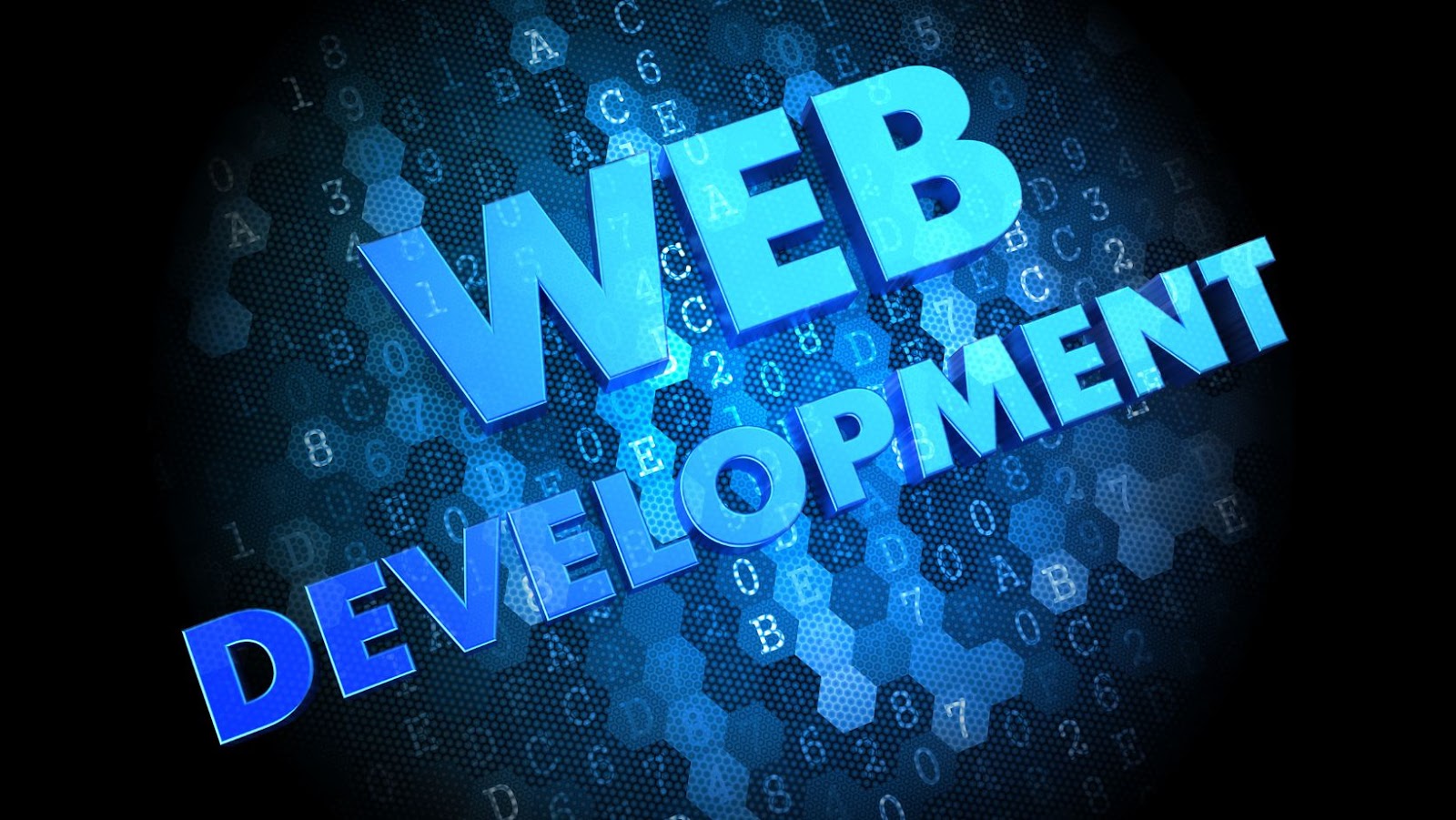 Web Development Mini Project Ideas
Web Development Mini Project Ideas
Mini projects play a crucial role in web development by offering hands-on experience that enhances coding proficiency. These projects enable developers to apply theoretical knowledge in practical scenarios. They provide opportunities to experiment creatively with new frameworks and languages.
Developers, especially beginners, gain from these small-scale initiatives as they build confidence and improve their problem-solving skills. Mini projects also serve as an avenue for exploring diverse technologies without the stress of large-scale projects. By working on various tasks, from designing user interfaces to integrating APIs, developers sharpen their adaptability.
Experienced developers benefit too, as these projects help maintain a dynamic and versatile skill set. A portfolio enriched with mini projects impresses potential employers by showcasing not just technical abilities but also a commitment to continuous learning. Engaging regularly in such projects fosters a habit of lifelong education, vital in the ever-evolving tech industry.
Mini projects offer a practical way to apply web development skills in real-world scenarios. These projects range from crafting simple websites to developing functional online platforms, offering a vast arena for creativity and skill enhancement.
Creating a simple portfolio website involves showcasing personal projects, skills, and achievements. It usually consists of an “About Me” section, a “Projects” gallery, and contact information. Using HTML, CSS, and JavaScript, developers can create responsive designs. Adding interactive elements like animations and hover effects enhances user experience. Incorporating responsive design principles ensures accessibility on multiple devices, emphasizing the developer’s adaptability.
Developing a basic blog platform centers on content creation, user interaction, and backend management. Utilizing HTML, CSS, and JavaScript for front end design facilitates content display and user experience. Integrating languages like PHP or Node.js with a database such as MySQL supports content management and user authentication. Features like a text editor for posts, comment sections, and social sharing buttons enhance functionality, providing a comprehensive, engaging platform.
 Intermediate Web Development Mini Project Ideas
Intermediate Web Development Mini Project Ideas
Intermediate projects challenge developers to hone their skills further by dealing with more complex functionalities. These mini projects are perfect for those looking to bridge the gap between foundational knowledge and advanced concepts.
Creating an e-commerce product page improves understanding of web design principles and user interface (UI) development. This project involves the implementation of features like product listings with images and descriptions, pricing details with currency conversion, and dynamic evaluation systems for user feedback. Developers can integrate shopping cart functionalities and payment gateway simulations, such as Stripe or PayPal. Using React or Angular for dynamic user interfaces and Node.js or Django for backend operations offers a comprehensive development experience.
Designing a real-time chat application enhances knowledge of web sockets and real-time communication protocols. The project involves building a user-friendly interface for messaging and incorporating user authentication features with OAuth or Firebase. Implementing chat functionalities requires integrating WebSocket APIs for instant message transmission. Developers can use libraries like Socket.IO or Firebase Realtime Database to ensure seamless communication. Incorporating features like online status indicators and message history can simulate modern chat applications’ dynamics, providing valuable insights into asynchronous data handling and server-client interactions.
 Advanced Web Development Mini Project Ideas
Advanced Web Development Mini Project Ideas
Advanced web development projects challenge a developer’s mastery of technologies, providing opportunities to explore complex architectures and integrations.
Developing a full-stack social media site requires proficiency in both front-end and back-end technologies. This project involves creating user profiles, implementing a content post-and-share system, and integrating real-time messaging functionalities. Developers use React or Angular to build dynamic user interfaces and interactive components. For the server side, languages like Node.js or Python (Django) handle database interactions and authentication processes. The integration of RESTful APIs and WebSockets further enhances user experience by enabling seamless data updates and interactions.
Building a machine learning-powered search engine integrates data science with web development. This project involves developing algorithms that analyze and index data to provide relevant search results. Developers implement these algorithms using languages like Python with libraries such as TensorFlow or PyTorch. The user interface, developed with frameworks like Vue.js or React, requires an intuitive design for search functionalities. The backend involves constructing efficient data storage solutions using databases like Elasticsearch for scalable data retrieval and processing. This project provides insights into big data handling and the application of machine learning in web platforms.